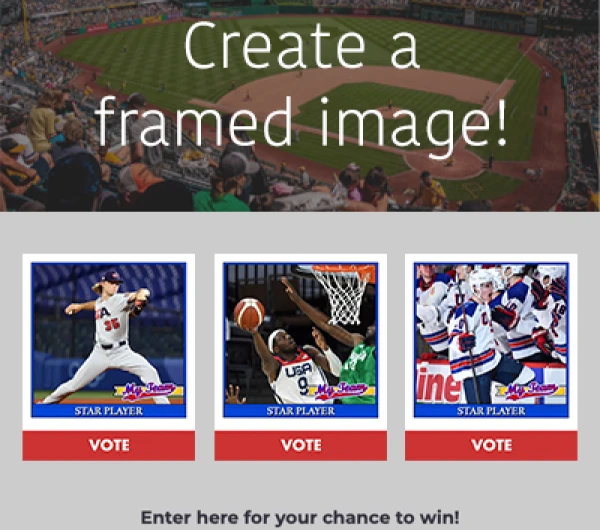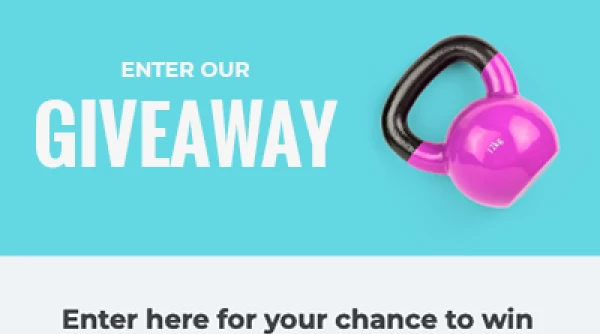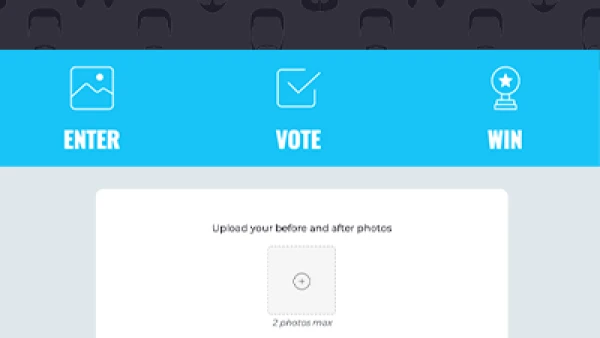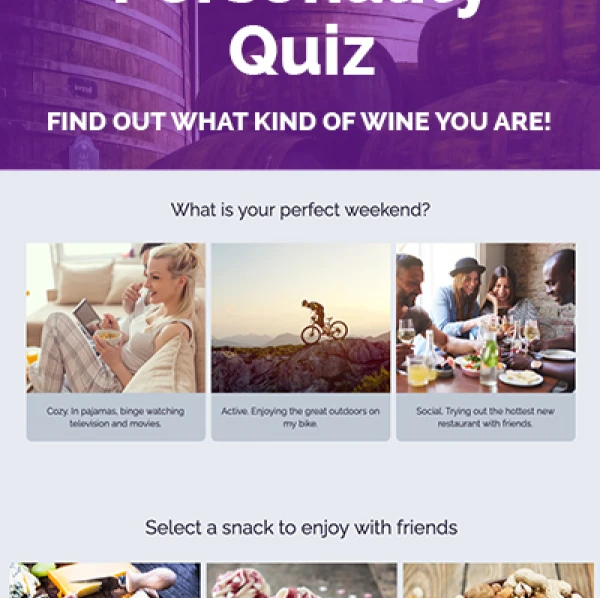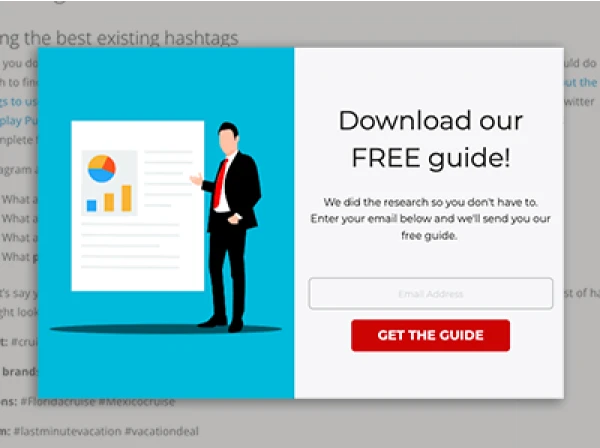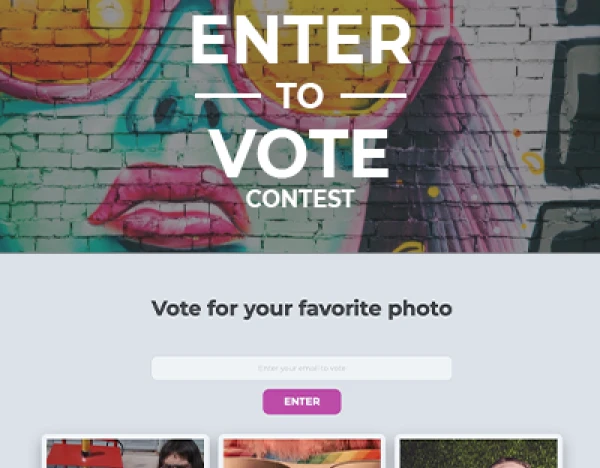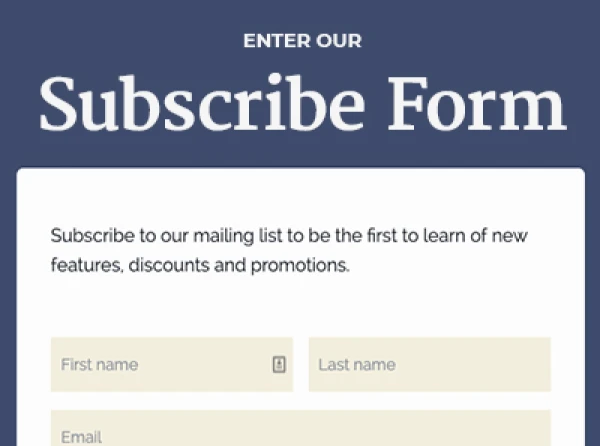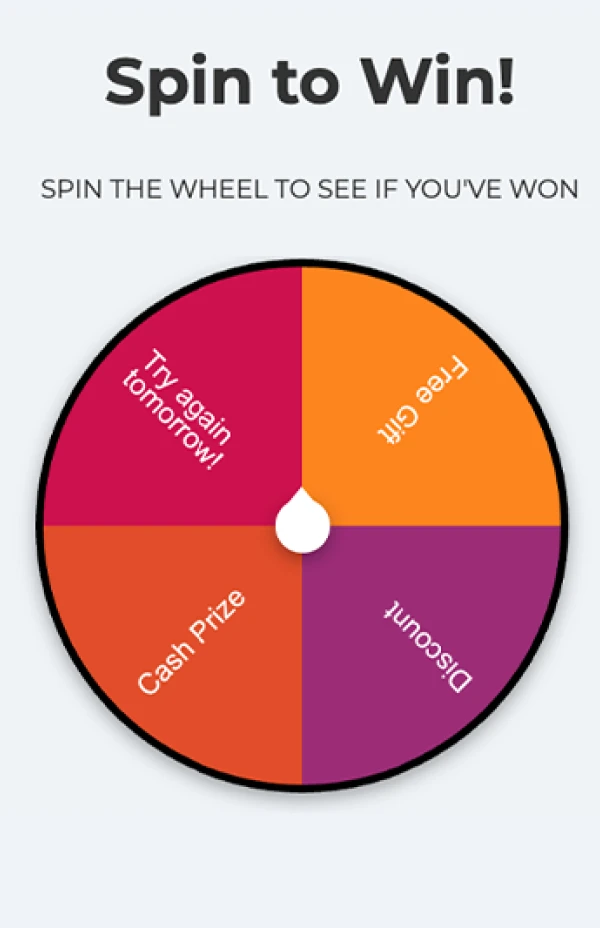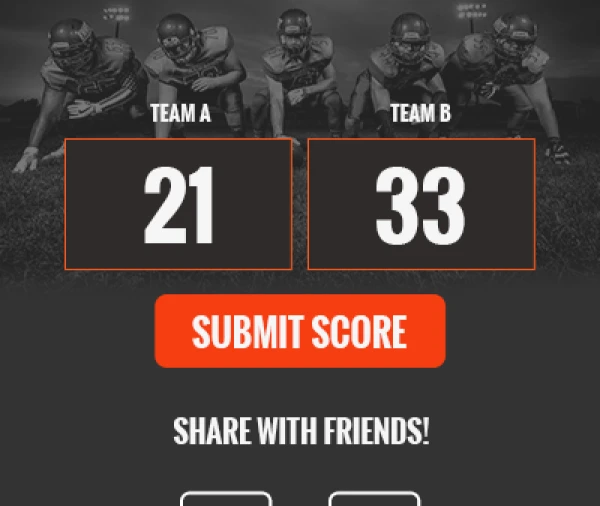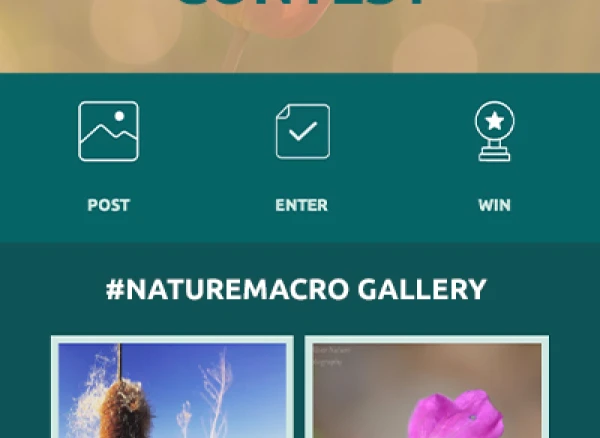Landing Page Optimization Expert Q&A: Tim Ash
This content explains the purpose of landing pages and provides insights on building optimized landing pages. It also includes expert advice on common mistakes, essential components, and the importance of SEO and A/B testing.
Landing pages are, basically, stand alone web pages that have a very focused objective. They're meant to motivate the people who visit them to take a specific action: sign up for a newsletter, enter a contest, download a discount coupon, buy a something, etc. These actions are known as conversions.At ShortStack we have several popular templates our users use to build landing pages. This month our expert Q&A is with Tim Ash, CEO of Site Tuners, a landing age optimization firm, and author of the best-selling Landing Page Optimization Book. Here's everything you didn't know you need to know about building optimized landing pages.
1. Can you explain the benefit of having highly focused landing pages?
Focused landing pages meet user expectations better. They are designed that way.Instead of guessing at what people want, or pitching your message to the "average" web visitor, you can create a very resonant experience that will match a particular visitor's intent.
2. What are some of the common mistakes you see being made when it comes to landing page design?
The most baffling ones that still turn up often are rotating banners and missing or unclear calls to action or CTAs. It’s really perplexing that we’re two decades in, building websites, that those are still pretty common. Rotating banners are toxic to conversions because they show a complete lack of prioritization, on top of the fact that research shows users can’t see the promotions on them. Missing calls to action are just inexcusable today. I’d understand more if you can’t launch a good mobile experience because that’s hard, but getting your calls to action right is a simple enough task that should really be second nature to online marketers in 2015.
3. Please explain the importance of having the most essential information above the fold/scroll.
Users scroll these days more than they did in the past, but over 80% of the attention is given to the area above the fold. That’s a lot of attention you’re wasting if your key points are below the page scroll. Scrolling still requires a volitional action to see additional information. That is a much bigger "ask" of your visitor than just scanning with your eyes in the visible portion of the page.
4. What is the “best” CTA you’ve ever seen on a landing page?
It was a newsletter signup on the website of an online marketing agency. A popup appeared and with the title "Make More Money With Actionable Online Marketing Tips." The button said "Yes, I want to make more money today." But to the left of the button was a text link that said "No thanks, I am rolling in money already." It was a funny alternate choice and helped bracket the offer with an absurd alternative while heightening the fear-of-missing-out.
5. Are there some components you view as “must haves” on landing pages? Telephone number? Address? What are they and why are they important?
Outside of the clear headline and the clear, visible, CTAs, the “must haves” are situational. If you’re a mid-sized business that requires a credit card number, trust is going to be one of the key concerns - security symbols are absolutely essential. If you sell a complex service that requires some customization, being thought of as a generic product is the problem - click-to-call is a must. Really, the “must have” is an understanding of the user need, and recognition of elements that cater to the biggest concerns of the visitor.
6. How important is it to consider SEO when it comes to landing pages?
It’s pretty important, especially for non-PPC landing pages. You can spend a lot of your time optimizing for a particular need, but search can bring in people looking for the wrong thing, people at the research phase when you’re selling something, and people at the buying stage for your educational landing page. Search can really throw your landing page off its game. Just as search engine professionals need to learn usability and conversion rate optimization fundamentals, professional conversion experts need to understand the thing that can destroy their demographics.
7. Can you share some examples of landing pages you think are done really well?
This is highly situation-specific. I am concerned that everyone wants the silver bullet. Often people just want examples to steal and copy. I have seen some unscrupulous online marketers suggest that there are templates for high-converting pages. But it is not that easy. Every business has their own specifics and dynamics that affect what you should do on the landing page. The audience is different, the strength of the brand, the positioning of the competitors, the business model and profit margins. In addition, much of the effectiveness of a landing page depend on what happens afterwards, and that is impossible to judge just from the page itself.
8. Any tips about A/B testing you can share?
Start small, go for a few wins, get a champion within management, AND THEN expand. So many marketers try to make a splash and go for the big wins to start off with. The danger there is that if the needle does not move as much as it was expected to, management gets sour on testing as a whole. So it’s really important to start with simple problems and get a few wins under your belt before solving for the larger things on a site.
9. Anything else we need to know?
The most important thing is probably to get testing. I know a lot of marketers already do that, but there are still marketing departments out there who have SEO budgets but not conversion budgets. That’s changing, but not as fast as it needs to. So that’s my one thing - you should have at least one test that’s running right now, or one test that’s being planned for.
About the author
Dana Sullivan Kilroy is a communications professional with more than 20 years of experience delivering compelling content. Her work has appeared in national, award-winning publications and sites, including: The New York Times, The Los Angeles Times, The Wall Street Journal, USA Today, and Fast Company, Inc.
Recent posts
Go back to blogGet marketing tips straight to your inbox
Launch an irresistible giveaway. Get started for free.
Join 630.000+ marketers that are boosting engagement and sales.
